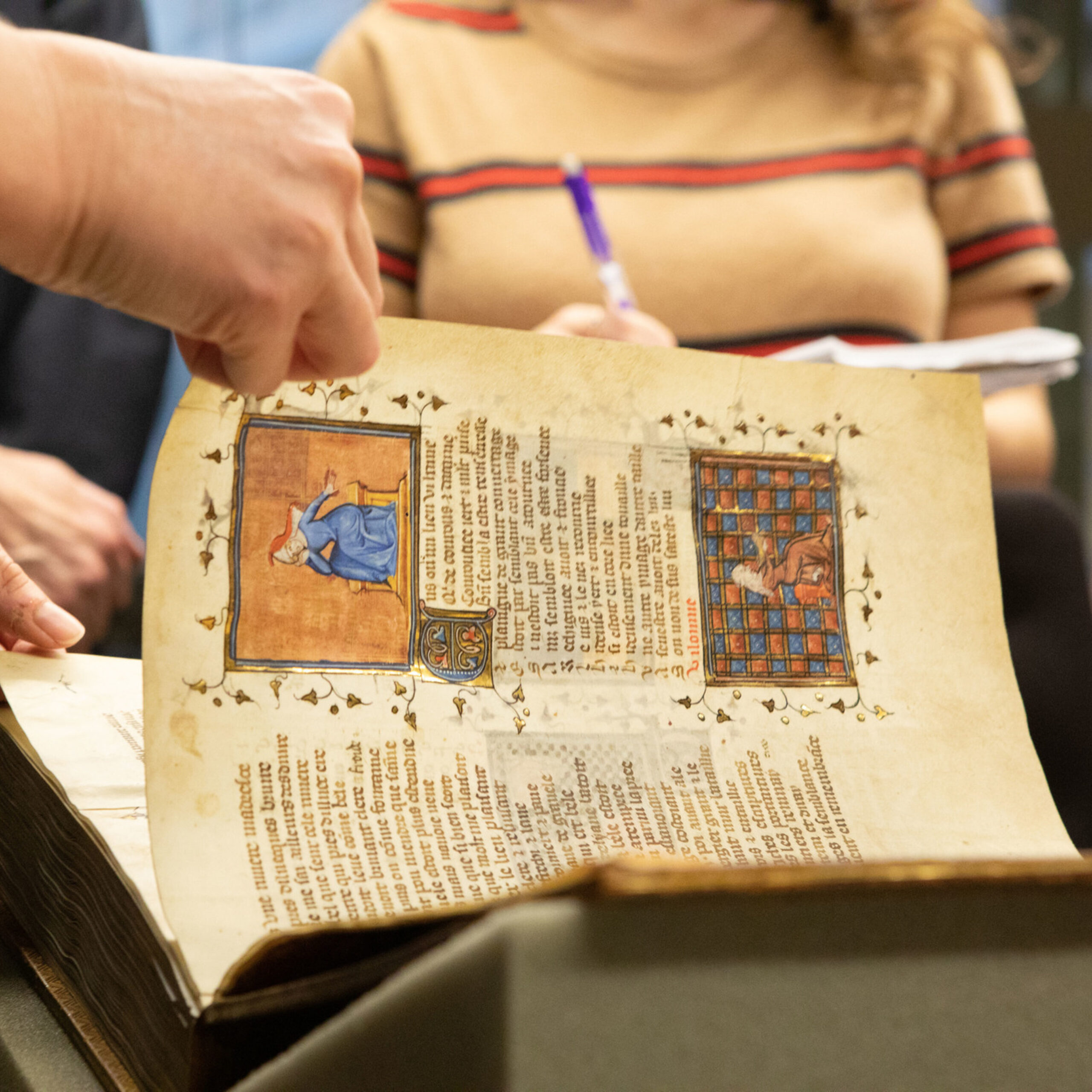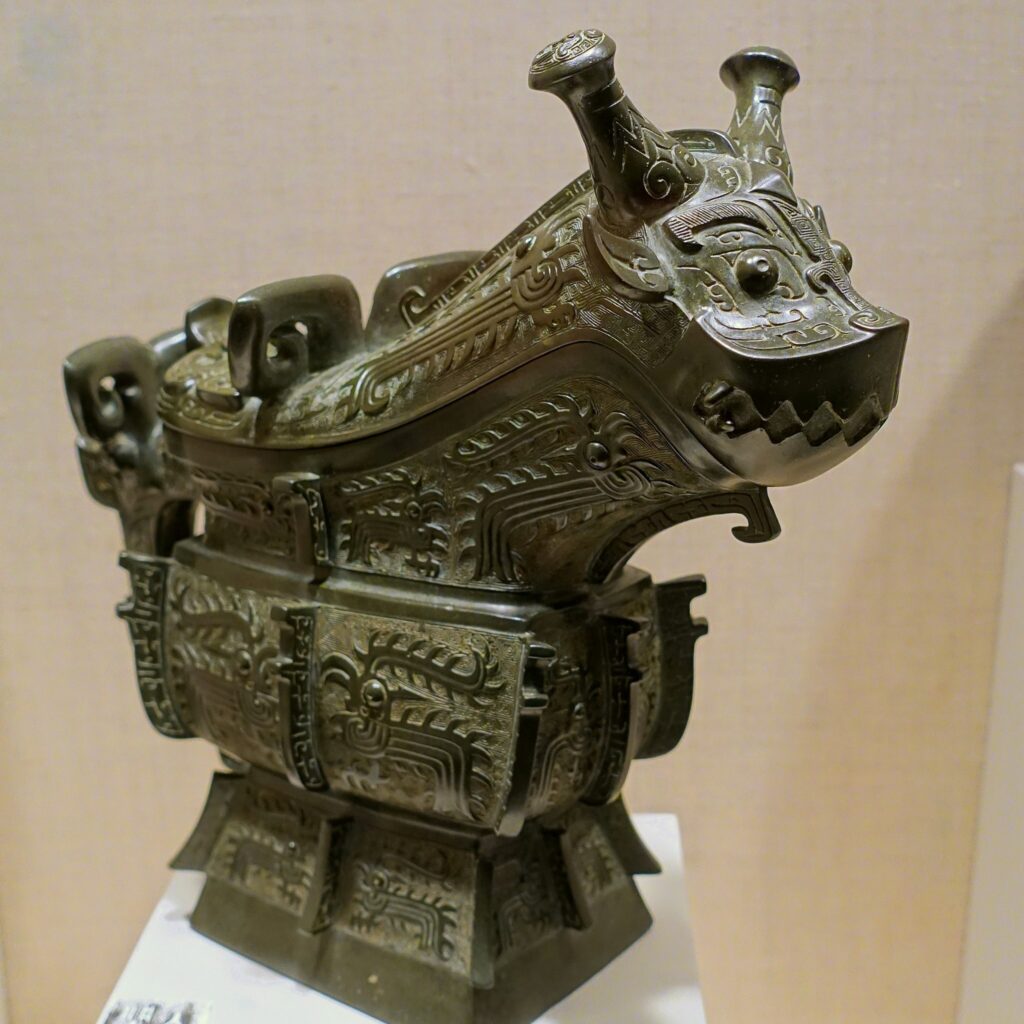Where can you find trinkets Albert Einstein collected in Japan, diaries and manuscripts by Toni Morrison, and an autographed manuscript of The Great Gatsby? None other than our very own Harvey S. Firestone Memorial Library of course! Welcome to the wonderful world of one of Princeton’s coolest resources: Firestone special collections. Basically, it contains anything in the University’s possession that is rare, valuable, and/or too old and fragile to be removed from the library. I learned about special collections recently through my AAS 244 class on Pre-20th Century Black Diaspora Art in which we often check out art and related manuscripts in the special collections.
Continue reading How and Why to Use Firestone Special CollectionsTips for Writing about Your Research Experience (Even if You Don’t Think You Have Any)
If you’re someone who hasn’t yet done formal research in a university setting, one of the most intimidating parts of the process can be simply getting your foot in the door. Just like the way your options can seem very limited when applying for your first job, asking for a research position when you have no “experience” can seem discouraging — maybe even to the point of causing you to question whether you should apply in the first place. With that being said, there are some simple tips you can employ when applying for research positions to highlight the link between your existing interests and the work of the position for which you are applying.

Submitted and Successful: 3 Final Steps Before Turning in Your First Paper
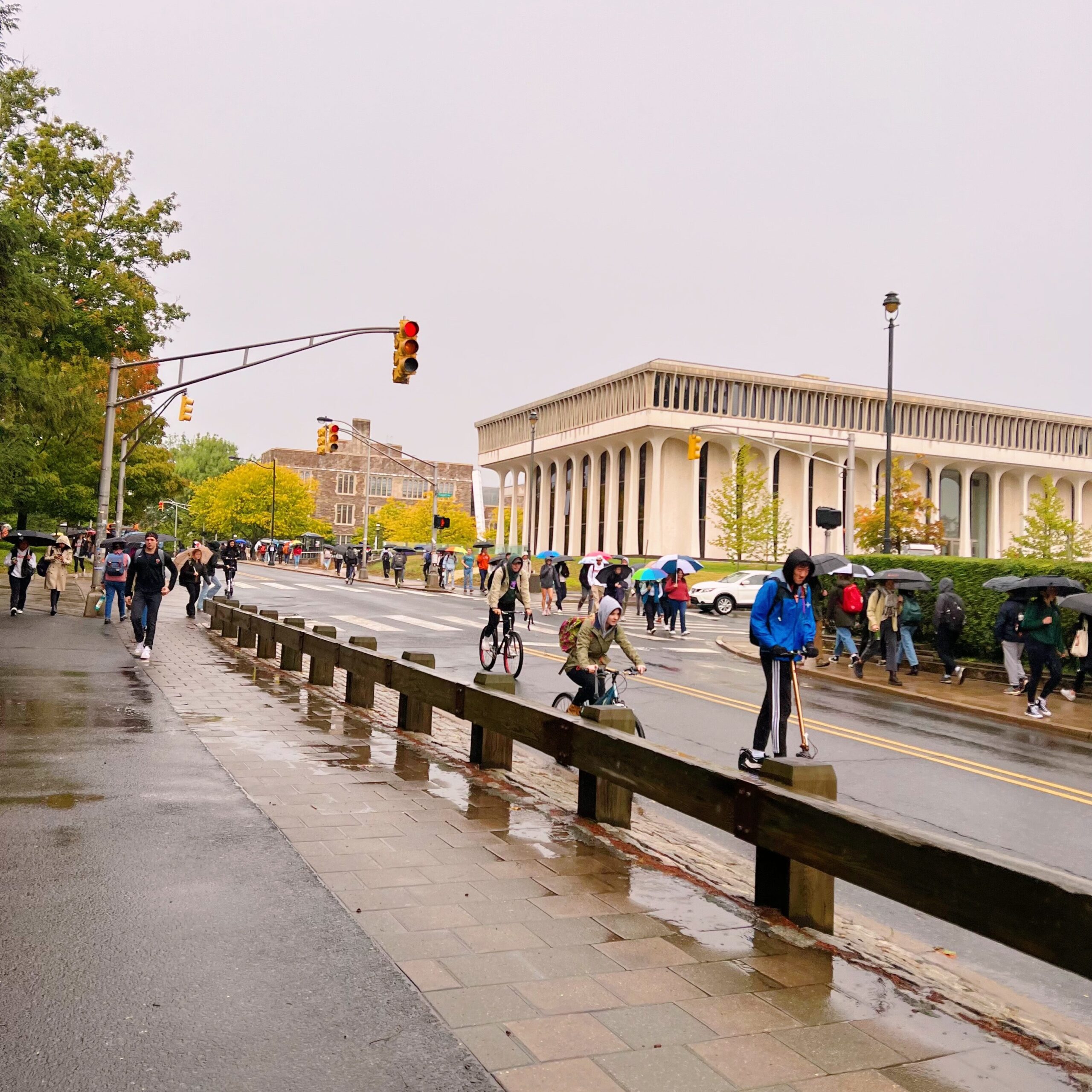
“Did I include a scholarly conversation? Where is the motive of my piece? Do I even have a thesis?!” The “Submit” button on Canvas can stir worrisome thoughts as it may seem permanent or stressful. The goal of this post is to walk you through a few final steps you can take to ensure that everything is in check and ready to go, so that you don’t feel like something is missing once turning in your assignment. These points are by no means the end all be all, but you may use them to help you feel more confident handing in your final product. Thus, without further ado, here are 3 final steps to follow before submitting your research paper.
Continue reading Submitted and Successful: 3 Final Steps Before Turning in Your First PaperA Figure Speaks a Thousand Words
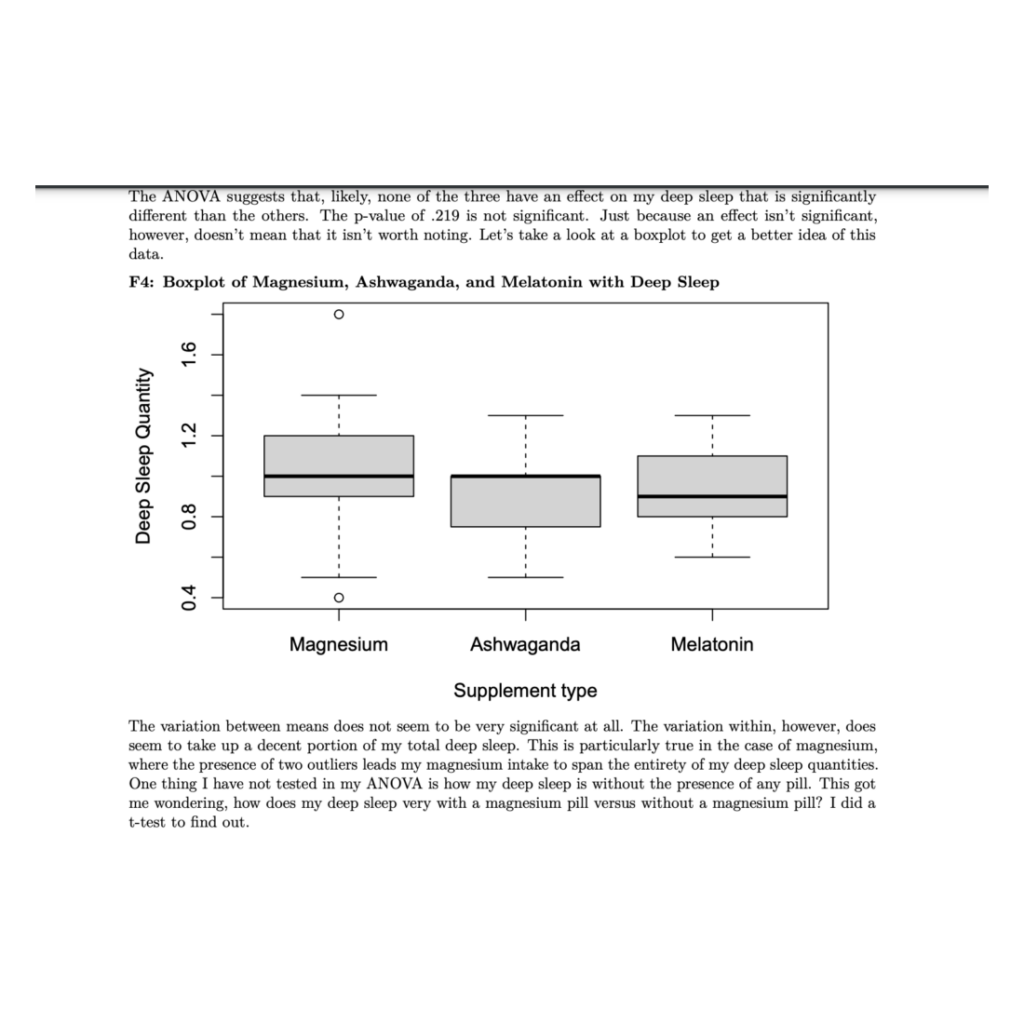
As anyone who has taken one of Princeton’s introductory statistics courses can tell you: informative statistics and figures can and will be incredibly useful in supporting your research. Whether you’re reworking your R1, writing your first JP, or in the final stages of your Senior Thesis, chances are you’ve integrated some useful statistics into your argument. When there are a million different positions that one can take in an argument, statistics appear to be our research’s objective grounding. The data says so, therefore I must be right. Right?
Continue reading A Figure Speaks a Thousand WordsWriting Seminar: Growing as a Researcher, Writer, and Person
Reflecting on my first year, I think about how quickly time flies. I’ve thought about how much I’ve changed over the course of a year and how my discussions with my peers and professors already began to shape the way I viewed the world. As an engineering student, Writing Seminar was especially memorable because it opened the door for me to engage with research in the humanities.
All first-year students are required to take a Writing Seminar. My seminar, WRI146 – Constructing the Past, taught by Dr. Emma Ljung, centered on the theme of how the past is closely intertwined with the present. In retrospect, one of my most pivotal periods in the course was the process of writing my R2, which focused on artifacts from the Princeton University Art Museum. Interested in delving deeper into my Chinese cultural background, I chose to work with the Guang, a dragon-headed bronze pouring vessel from the late Shang dynasty.
Pouring vessel with dragon-head lid (guang), China, Western Zhou dynasty, 11th century to 771 BC, bronze from the Princeton University Art Museum. Photo from Daderot on Wikimedia Commons.
Continue reading Writing Seminar: Growing as a Researcher, Writer, and PersonConversations over Lunch: The Research You’ve Started Without Even Realizing
There’s nothing very special about the statement that lunch is fun – who doesn’t enjoy it? What I’ve found more surprising is that even with all the thought provoking classes I’ve taken at Princeton, lunch is consistently one of the most interesting parts of my day. Whether relaying key points from a particularly great morning lecture, talking about our new favorite YouTube video, or filling each other in about weekend plans, my friends and I use lunch as a chance to share our latest finds. What I recently began to consider is that this universal desire to start a conversation around our latest discoveries sits at the core of the research process.
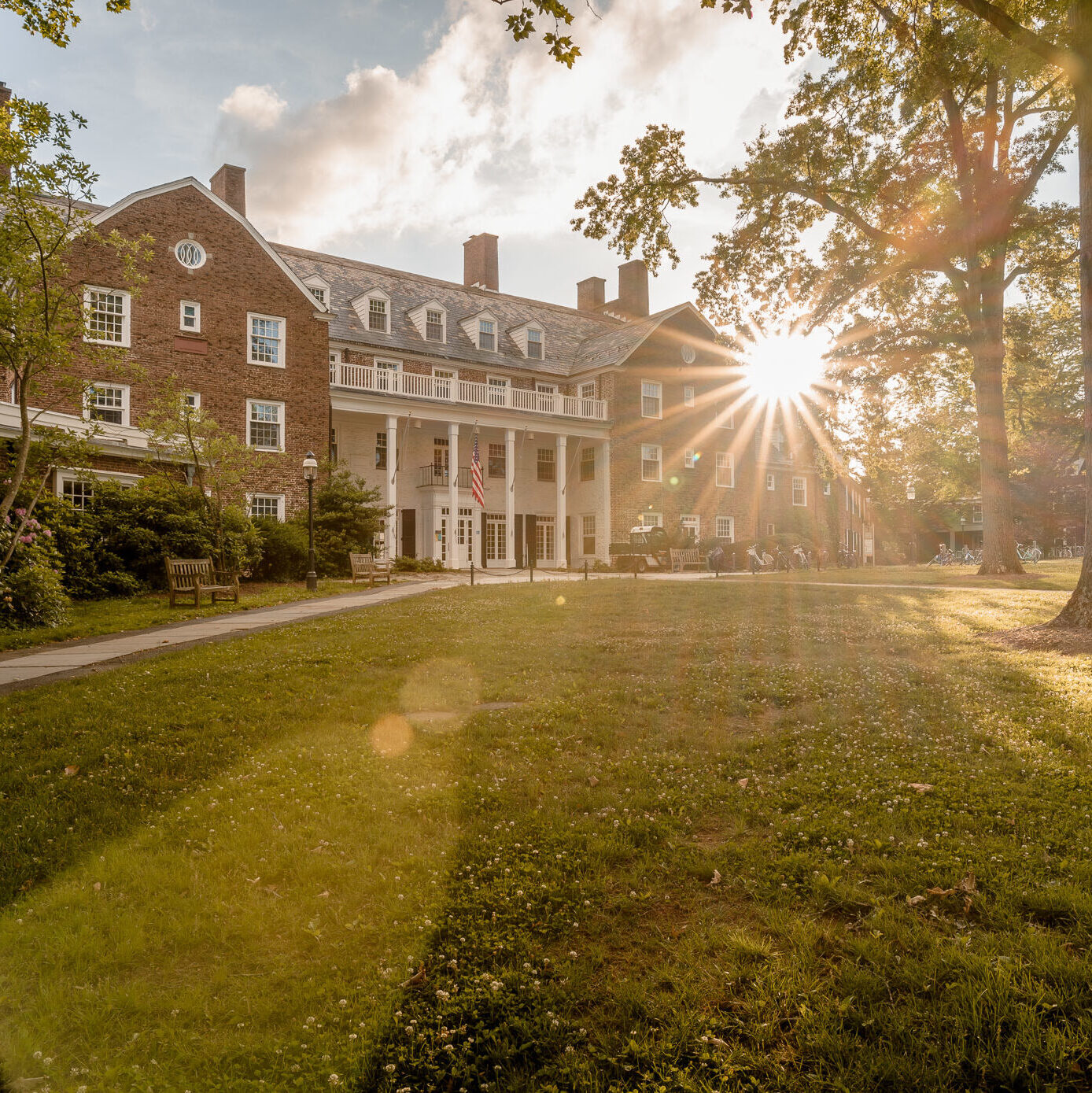
From Law to Coding: Writing my SPIA Quantitative Junior Paper

There are many reasons why I chose to major in the Princeton School of Public and International Affairs (SPIA), ranging from the impact that we have through service and the focus on policy and law. One unique feature of SPIA is the ability for concentrators to take more qualitative courses such as SPI333: Law, Institutions, and Public Policy and quantitatively-based courses, such as POL346: Applied Quantitative Analysis. During the Fall of my junior year, I wrote a more qualitative junior paper on risk assessment tools in the pretrial adjudication system and analyzed whether or not they make more biased decisions than do humans (see here to read more about my experience). Headed into my junior spring, I was presented with the choice of writing another qualitative paper or joining a quantitative research lab. Thankfully, I felt confident in my coding abilities due to past courses I had taken which prepared me for this moment (see here to read about how I gained a quantitative background in R as a SPIA major). I chose the lab without hesitation and my spring semester independent research journey began.
Continue reading From Law to Coding: Writing my SPIA Quantitative Junior PaperNavigating Princeton in COVID-19 Isolation
Although things have been looking brighter on campus, with a decrease in COVID cases and happier weather, the threat of COVID-19 still remains and can be a daunting obstacle. I tested positive for COVID-19 last month, and I was lucky enough to get through it, but an extra stressor was definitely keeping up with my classes while being in isolation. Everyone’s experience is different, especially when it comes to symptoms and classes, but I hope that my advice can help you get through a tough time if it ever comes to it.
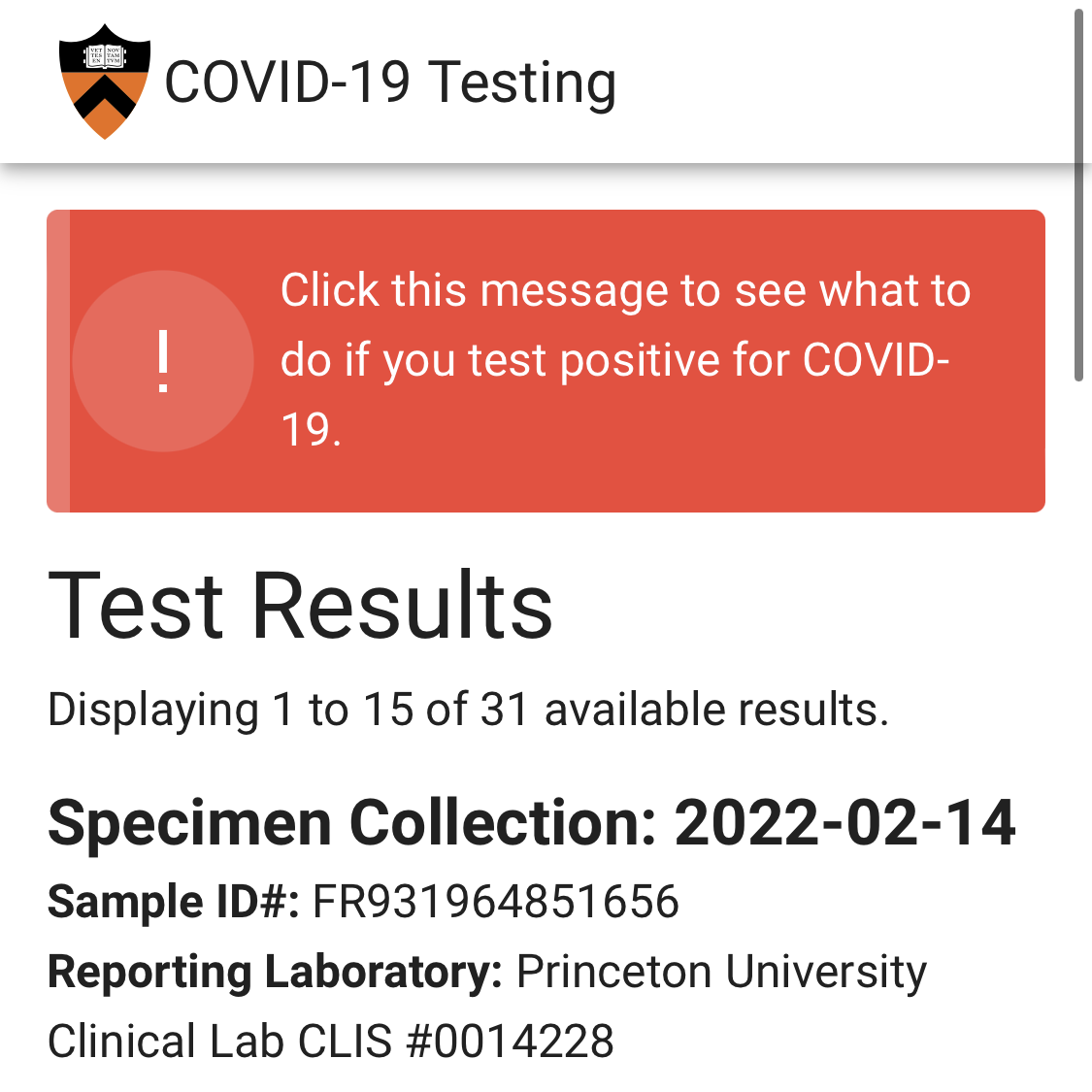
How to Cancel on Someone, the Right Way
Earlier this winter, I received an email inviting me to a day’s worth of interviews for an MD/PhD program. This invitation included a schedule with Zoom meetings that extended much later into the day than I expected. As a result, these meetings conflicted with some of my classes as well as a meeting for an extracurricular activity.
We’ve all been there: something comes up and we can no longer make it to a class or meeting on our calendars. Whatever the reason, there’s a special kind of stress that comes with realizing you’ll need to cancel on someone. When will you have a chance to make this up? Will your colleagues and professors be upset with you?
I’ve also been on the other side of the equation: as a supervisor for Murray-Dodge Café, I’ve received my fair share of emails from students needing to miss a shift or a meeting. While the best way to handle these situations is to avoid them altogether, that isn’t always possible, so in this article, I’ll share some of my tips for handling these sticky situations!
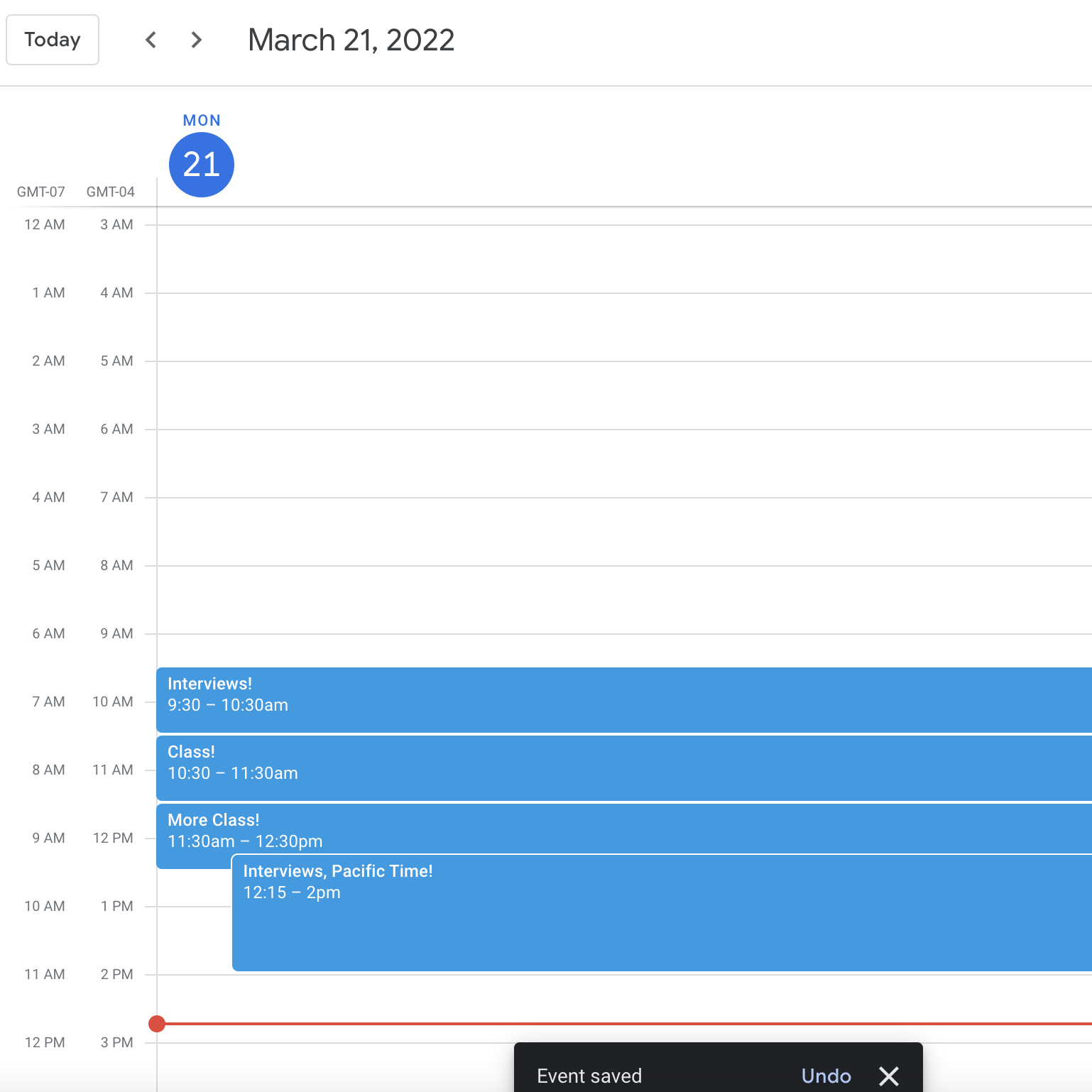
Lessons from My First Major Research Essay
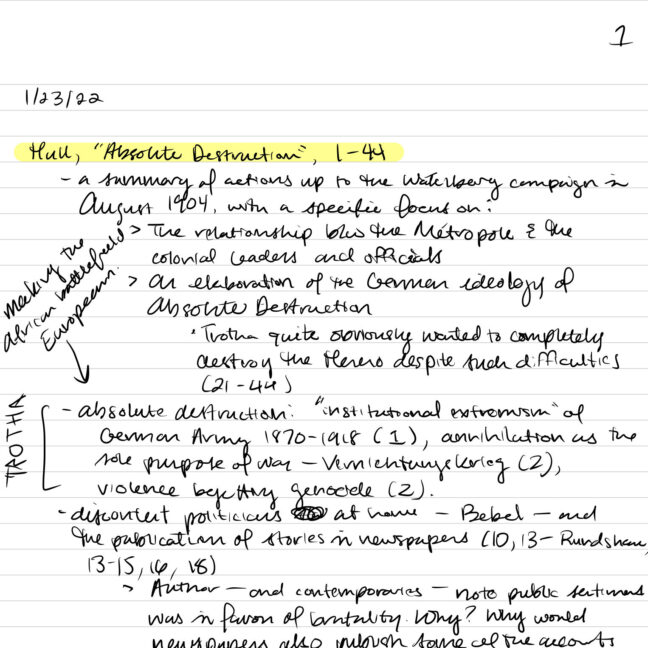
As I dive into my second junior paper, I’ve begun to realize how much more serious this paper is than the first one. Gone are the safety rails once provided by Princeton’s History department; instead of a course with concrete deadlines, I am now in the metaphorical Wild West, negotiating with my advisor on a whole bunch of elements: deadlines, research content, framing, among others. Even though it is only February when I write this, the April deadline eyes me ominously. With four classes and an array of extracurricular activities, whatever will I do to survive my second JP? How can I even anticipate the thesis?
At PCUR, we’ve done plenty of reflections on our prior research experiences. The more I think about it, the best thing to do is to reflect on my first JP. In that paper, I explored the attitudes and ideologies of consumption that post-war consumers held, particularly in relation to an acute shortage of nylon stockings. Sifting through dozens of articles in local newspapers, I identified many letters to the editor that female consumers sent in to voice their opinion about how nylons should be distributed, who deserves them, and how the shortage was affecting their everyday lives.
Although I am undoubtedly proud of the final product, there were many things I could improve about it. From the way I kept sources and my reading schedule to my writing method and the final editing process, I could enumerate an endless list. For now, I will highlight two of the biggest takeaways from my first JP, which will be particularly useful given the abbreviated timeline of the second paper.
Continue reading Lessons from My First Major Research Essay
